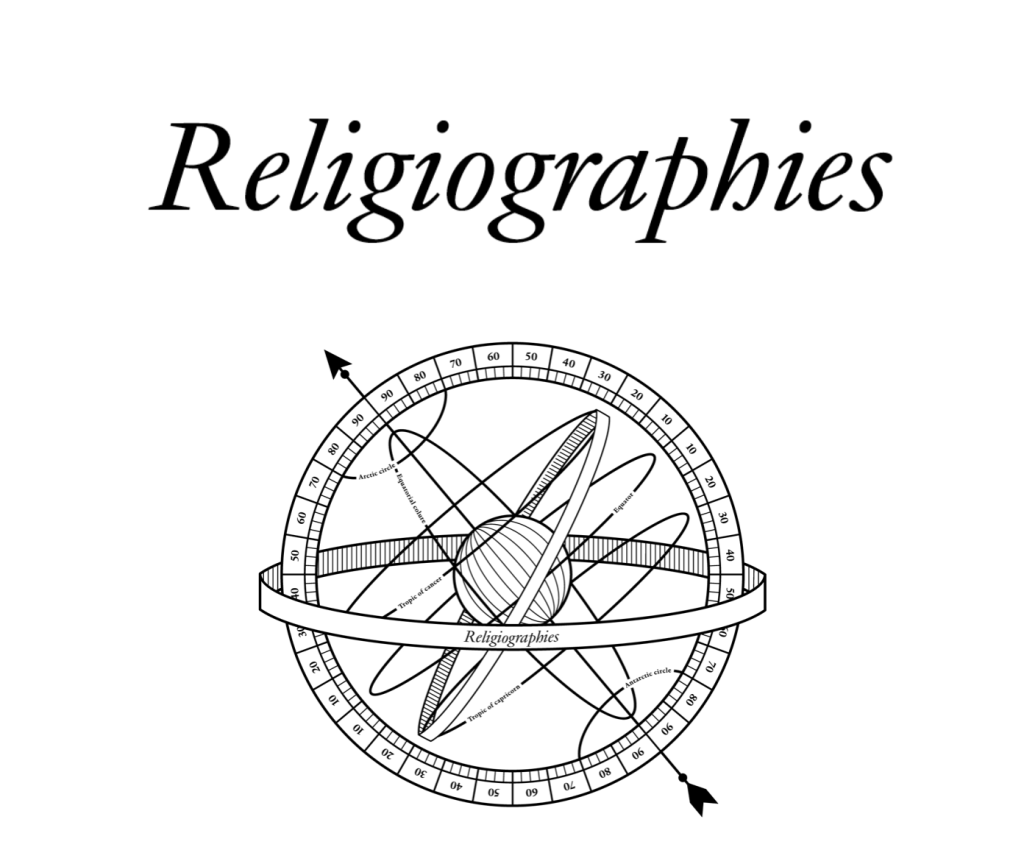Religiographies| Code of Ethics

Religiographies follows the 2008 Code of conduct elaborated by COPE. Authors, editors, and peer-reviewers are required to respect its principles and practices.
Duties of the Editors
Decision on publication
The journal’s editors are ultimately responsible for the decision to publish or not the articles or reviews submitted. In doing so, they are guided by the journal’s policies, as determined by the editorial board and constrained by such legal requirements as shall then be in force regarding libel, copyright infringement, and plagiarism. Editors can request a consultation with one or more external advisors in order to make informed decisions about the publication of any work.
Correctness
The editors and scientific advisors are committed to evaluating the articles proposed for publication only on the basis of the quality of their content, without discriminating in any way on the grounds of the authors’ gender, sexual orientation, religion, race, ethnicity, citizenship or political orientation.
Confidentiality
The editors and the members of the scientific council are committed not to disclose any information relating to the articles or reviews proposed, except to the authors, reviewers and publisher of the work reviewed.
Conflict of Interest and Disclosure
The editors and the members of the scientific council are committed not to use in their own publications any data or information contained in an article or in a book proposed for publication in the journal without the previous written consent of the author.
Retracting of an article
The editors will be guided by COPE’s Guidelines for Retracting Articles when considering retracting, issuing an expression of concern about, or issuing corrections pertaining to articles that have been published in the journal.
Duties of Peer-reviewers
Contribution to editorial decisions
The editors commit to following the peer review ethical guidelines established by COPE and the practical guidelines of Religiographies.
Respect for the time schedule
A peer-reviewer who knows that he/she cannot review the article within the established scheduled time, is required to notify the editors promptly.
Confidentiality
Each article is assigned to a reviewer with the obligation of maximum confidentiality.
Objectivity
On the basis of the COPE guidelines, the reviewer commits himself/herself to conduct the review of the assigned article objectively. Any personal judgment of the author is inappropriate. Reviewers are encouraged to express their views clearly, explaining and justifying all recommendations made. They should always attempt to provide detailed and constructive feedback to assist the authors in improving their work, even if the manuscript is, in the referee’s opinion, not publishable.
Bibliographical suggestions
The peer-reviewers commit themselves to providing precise bibliographic details of works they consider fundamental and neglected by the author.
Conflict of interest and data disclosure
Peer-reviewers are required not to accept articles or books for which there would be a conflict of interest, due to a previous collaborative or competitive relationship with the author and/or with his/her institution.
Duties of the Authors
Creative Commons License
The author(s) of a manuscript submitted to the journal agree that, if the manuscript is accepted for publication, it will be copyrighted using the Creative Commons – Attribution license (CC-BY 4.0). They are reminded here that this license allows the authors to retain the copyright but allows any third party to download, re-use, re-print, modify, distribute and/or copy the final version of the paper. The work must be properly attributed to its author(s).
Images policy
Authors are responsible for obtaining written permission to include any images or artwork for which they do not hold copyright in their articles, or to adapt any such images or artwork for inclusion in their articles. The copyright holder must be made explicitly aware that the images or artwork will be made freely available online as part of the article under a Creative Commons – Attribution license (CC-BY 4.0).
Originality and plagiarism
Authors are required to declare that the work that they have composed is original in its entirety and that they have cited all the texts used and consulted in the preparation of their work.
Multiple, repetitive and / or concurrent publication
The author should not publish any article that features the results of the same research in more than one journal. Submitting the same text to more than one journal at the same time constitutes ethically incorrect and unacceptable behavior.
Indication of sources
The author must always provide the correct indication of all the sources and contributions mentioned in the article or review.
Authorship of the work
The authorship of the work must be correctly attributed. All those who have made a significant contribution to the conception, organization, realization and eventual re-elaboration of the research that is the basis of the article must be acknowledged as co-authors. If other people have participated significantly in some phases of the research, their contribution must be explicitly recognized.
Conflict of Interest and Disclosure
All authors are required to declare explicitly that there are no conflicts of interest that could have affected the results achieved or the interpretations proposed in their article. Authors must also indicate any funding for the research
Errors in published articles or volumes
When an author identifies a significant error or inaccuracy in one of his/her articles, he/she is required to promptly inform the editors of the journal or the members of the scientific council and to provide them with all the information necessary to publish below the article the necessary corrections.
